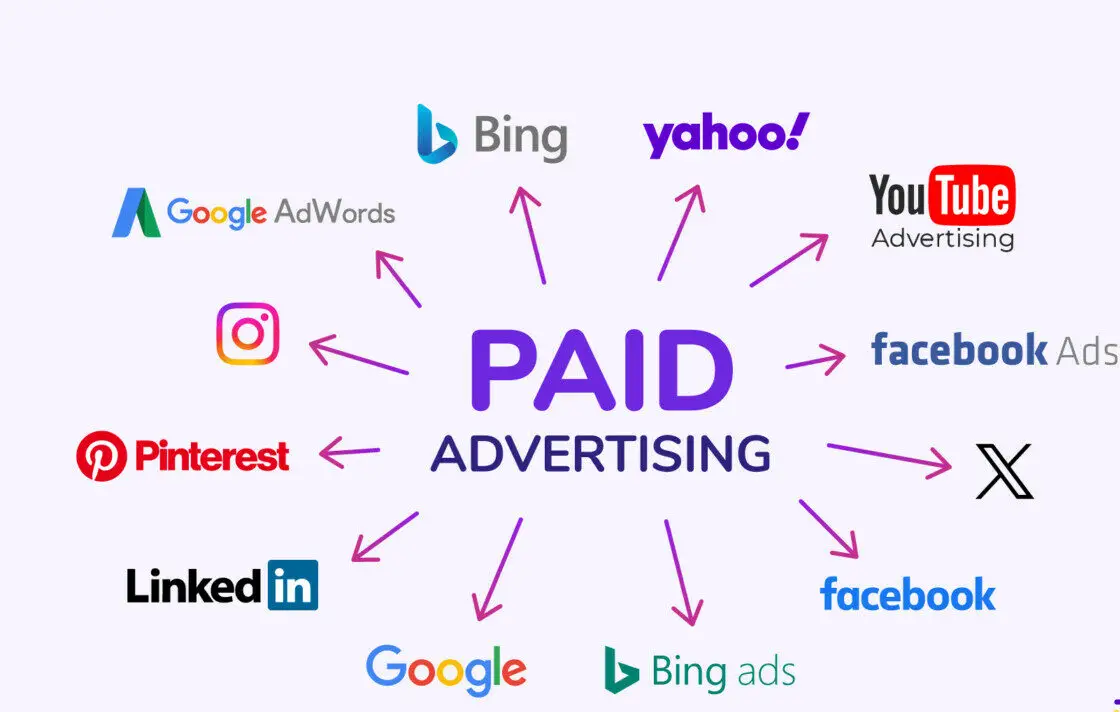In its most basic form, news stations, media outlets, TV channels, and social media companies all make money the same way. By capturing and then selling our attention.
What? Really ?
How TV, news, and media channels make money from our attention?
TV and media companies all sell advertising space to corporate sponsors. But in order to sell advertising space, first they must capture the attention of an audience.
News channels sell advertising space in the form of commercials to businesses and corporations. The larger the TV audience is, the more a business will pay for an advertisement spot.
When you think about it, this makes sense, as the more people who are watching an advertisement, the greater impact it will have to bring in more sales for the business advertising.
Simply put, media stations make money by capturing viewers attention and selling that attention to advertisers. Businesses will media companies with an audience to put their commercial advertisements in front of viewers.
But there’s a bit more to it than just that which we’ll break down in depth.
Let’s dive in.
How Media Companies Work: Who Makes What Money ?
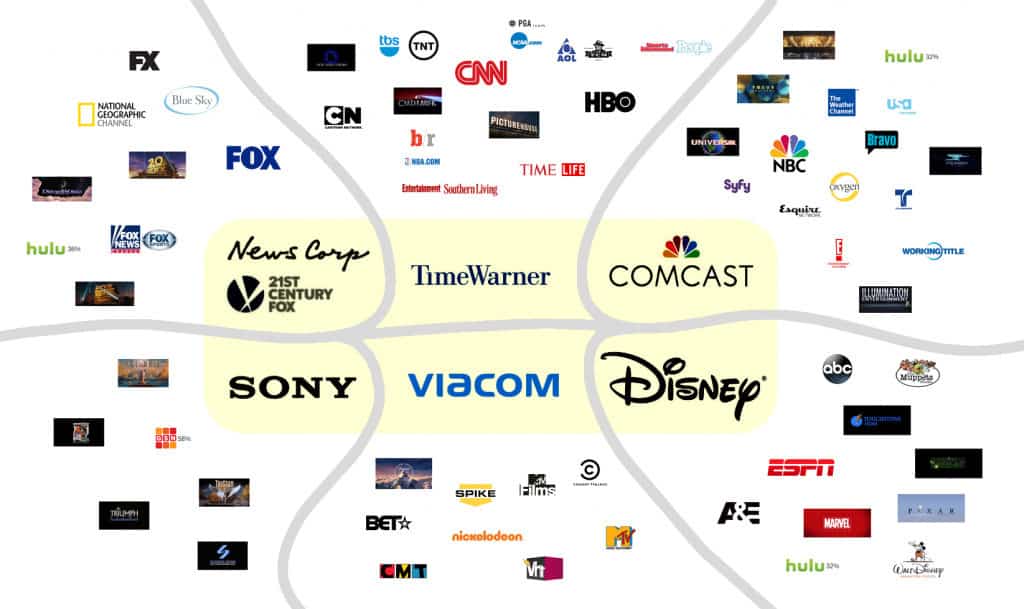
When it comes to TV news channels and media companies, there are two key roles where most of the money is made.
Media Industry Overview: The Two Key Roles
- Content Producers – Content producers are simple. These are the companies shooting, editing, acting, producing, and overall creating the content that is shown on TV.
Typically content producers are the individual TV Networks, radio stations, (and people on social media).
In order to get their content broadcast to large audiences, the content producers have to make deals with the distributers who own the airwaves, platforms, marketing, and distribution networks.
Notable content producers include individual networks or studios such as CNN, FOX NEWS, Pixar, ESPN, Kiss 102.3, and Netflix. - Distributors – Distributers make deals with content producers to take their content, market it and distribute it on their individual networks which are available to the customers of the distributers.
Spectrum, Dish Network, Direct TV, Hulu, Netflix, Amazon are all notable examples of media distributers.
Content Producers vs. Content Distributers
A few years ago, content distributers had all the power. Why? Because they controlled the customers and the audiences that were available to the content producing networks.
Traditionally, the distributers get the money and then divide it up between the content producers.
Today, this is still largely the case, however, with the explosion of high speed internet, smart phones, wifi, and social media, many content networks are now able to interface directly with their audience. Thus providing their own marketing, effectively cutting out the middle man, and becoming the distributers themselves.
For example, streaming service companies like Netflix, Hulu, Disney, and Amazon are all content producers and distributers.
How TV Channels Make Money: Two Ways
There are two traditional way TV companies can make money.
- Selling Commercial Advertising Space. TV shows draw attention. And when you have a lot of peoples attention, that’s the best time to try and sell them something.
The more eyeballs on a specific TV show, the more advertisers will pay a TV network to show commercials during that TV show.
This is why Super-Bowl commercials cost so much. The viewing audience is massive. - Selling Subscription Fees. Living in the modern world today, pretty much everyone pays for TV entertainment. If you don’t want to be bothered by commercials, you can pay an extra fee.
Whether it’s Direct TV, or Dish Network, Netflix, Hulu Plus, or Spectrum Cable. These monthly fees often start off at a base price with options to upgrade. Either way, subscription fees are revenue for the content distributers.
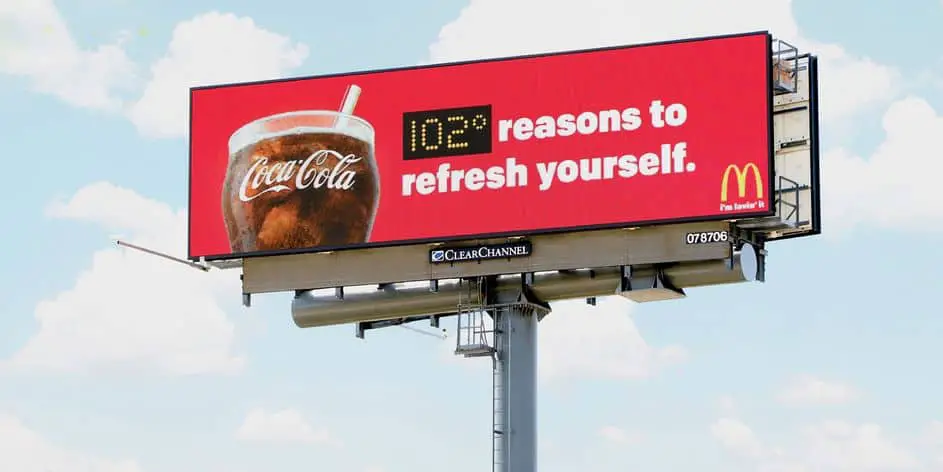
Broadcast Media Channels (Free) vs. Cable / Satellite Media Channels (Paid)
1. Broadcast News Media (Free)
Broadcast news is free news broadcast over the main distribution channels like FM radio, CBS, NBC, and ABC.
Broadcast media channels rely directly on advertising revenue to make money.
2. Cable and Satellite News Media (Paid)
Cable and satellite news media is not free and comes with a subscription fee. For example XM Radio, CNN, FOX NEWS, and ESPN.
Cable and satellite media channels use both subscription fees and advertising revenue to make money.

How Paid vs Free Media Channels Make Money: The History
Paid vs Free Media Channels: The History
The TV news channel business used to be simple. Broadcast news channels would send their signal to every household with a TV who would tune in to their signal. Advertisers would then pay the broadcast TV channel to run ads and commercials in front of their audiences.
The money that TV stations made from selling advertising space paid their bills (and then some).
But some people didn’t have access to broadcast TV, so cable distribution companies like spectrum (and satellite networks like direct TV) would run a cable to your house for a monthly subscription fee.
Now cable TV distribution companies could make money from selling advertisement space AND from monthly subscription fees.
Cable and satellite TV brought with it a whole new opportunity for new entertainment content producers like Nickelodeon, Discovery, CNN and FOX NEWS.
Paid vs Free Media Channels: The Money
Each individual content producing TV channel makes a deal with the cable distribution companies to split the revenue from the cable company’s subscription fee.
The higher the individual network’s TV ratings, (or the larger their audience) the larger portion of the subscription fee (and advertising revenue) that the individual network will receive from their deal with the cable company.
So traditionally, TV distributers make money from a combination of selling advertising space and monthly user subscription fees.
While content creators (individual news stations) traditionally share the TV ad revenue and subscription fees in proportion to the individual networks audience size.
This makes sense. The better content you produce, the larger audience you attract, the more money you make.
But new technology in the internet and social media has created new options for news stations and content creators to earn income in different ways.
Internet, Radio, and Social Media Income
No matter what distribution platform a media company is using, the general idea or goal is the same. Capture your audiences attention.
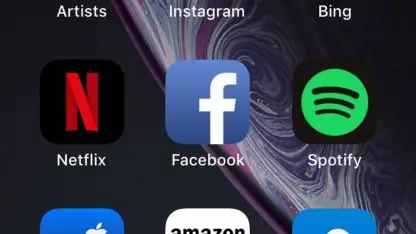
Once media outlets have your attention, then they can sell your attention to advertisers who pay for commercial advertisement space.
Media channels aren’t just content-producing ‘TV news stations’ anymore. News stations are no longer limited in audience size by their ability to make distribution deals with larger content distributers.
Individual TV, news, and media companies today have a multiple media channel approach to creating income streams. News and TV channels also connect with their audiences though their websites, podcasts, radio stations, and social media campaigns.
Every one of these media sources is an opportunity for media companies to follow you, grab your attention, and sell advertising space. From the TV in the morning, to the radio in your car, to your computer screen at work, to your phone screen the rest of the time.
(by the way – here’s some tips on how to use social media more consciously)
The more attention that is captured, the more outside businesses will pay for advertising space on each one of these platforms.
We already talked about TV revenue, but here’s some of the nuances on how news channels and media outlets make money on different platforms.
Online, Internet, Social Media, and Website Income Streams
Revenue Through Ad Sales – If you go to any news website you’re likely to get blasted in the face with banner ads, sidebar ads, pop-up ads, header ads, and ads in the middle of every article.
News websites (or websites of any kind) sell ad space on their website to the highest bidder. Website revenue does not go to the distributer.
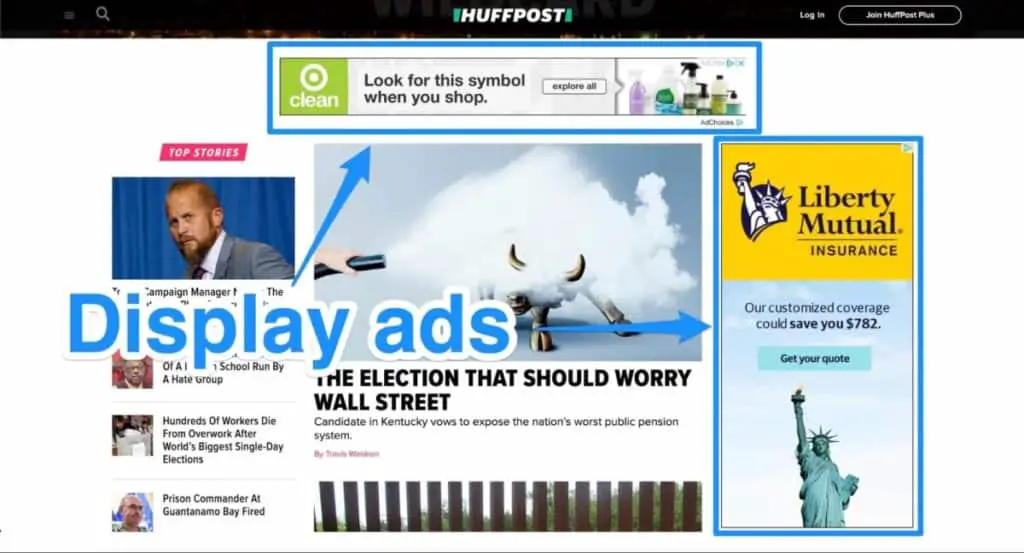
The more someone clicks on a website, the more likely they are to click on an ad.
This is exactly why more headlines have become “click-bait”.
To further illustrate this point, here’s another article we wrote on “Why (Most) People Only Read Headlines”.
And Why People Buy Things They Don’t Need.
Subscriptions And Memberships Online – Sometimes media website’s or news website require that you pay a monthly fee (or membership fee) in order to access their content. Similar to paying for your newspaper.
Merchandise – A huge benefit to owning your own website audience is selling merchandise. Stickers, hats, shirts, ect. Any merchandise sold online is yet another source of income direct tot he content creator.
Radio Income Streams
Revenue Through Ad Sales – Radio is fairly straight forward. Just like broadcast TV, radio relies on advertisers to by commercials. The more people’s attention your radio channel has, the more advertisers will pay to run ads.
Revenue Through Subscriptions – XM radio or Sirius Radio don’t rely on ads. But users must pay a monthly subscription fee, just like cable TV networks.
Although ads via “sponsorship” are a big part of paid radio station revenue.
Social Media Income Streams
Social media companies have become a whole new type of news channel. Social media companies rely on users to be content creators, while the social media company takes the role of distributer.

Ad Revenue – Social media companies rely on their huge user base to sell advertisement space at large scales to both big-business-corporations and small businesses.
Either way social media companies relay on ad revenue.
User Data Sales –Social media companies also collect massive amounts of data on their users. Everything from age, gender, location, birthday, purchasing preferences, political preference, ect.
This data is extremely useful to advertisers who want to sell products to people in certain categories. Social media know how valuable this data is and sell it to data companies, who then sell it corporations.
Here’s a more in depth look at How Social Media Companies Make Money
The Concentration Of Wealth & Power In The Media
In 1983, 90% of all news and media companies were owned by 50 different companies. Today 90% of traditional American media is owned by only 6 companies.
At&T (owns TimeWarner, CNN, and Direct TV), News Corp (owns FOX), Sony, National Amusements (owns CBS & Viacom), Comcast (owns NBC), and Disney (Owns ABC & ESPN).
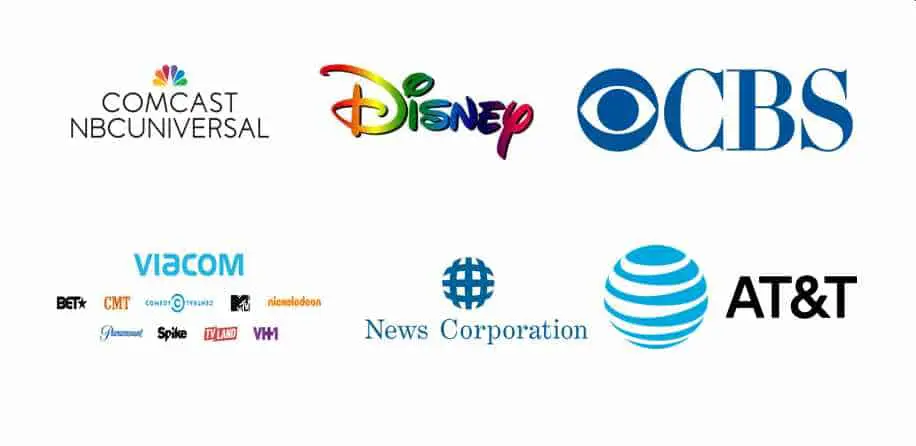
Those “Big 6” own both the “content creation” (individual networks) and “distribution” (cable & satellite companies).
However, the“Big 6” is starting to see competition from new angles. “Direct to consumer” streaming services like Netflix, YoutubeTV, Hulu, and Amazon Prime. (not that some of these companies aren’t giant conglomerates of their own.)
Traditional “big 6” media companies are seeing competition “in the attention economy” from social media companies like facebook & Instagram (meta), twitter, tic tok, and snapchat.
These are also, not small companies.
While these companies ‘duke it out’ with more & more powerful algorithms, to try and capture more of our attention, it’s our responsibility to be mindful how much time we’re giving away for free.
The real power lies within our power to consciously choose when, where, and how much media you consume.
Who Regulates The Media? The FCC & Who Funds The FCC ?
With only a few powerful corporations controlling the media content that the American people see, who oversees these companies to make sure they stay legal, truthful, and are working in the best interest of the American people?
And not just showing us engaging content that makes big profits, but also mis-informs us.
Who is The Federal Communications Commission (FCC).
- The FCC is an independent U.S. government agency that answers to the United States Congress.
- The FCC oversees all interstate and international communications.
- It also maintains standards and consistency among media types and communication methods while protecting the interests of consumers and businesses.
- The agency is accountable to U.S. Congress and its actions are monitored closely by investors.
- The FCC is headed by a chair, who is one of five commissioners appointed by the President.
What is The Job of The FCC?
The FCC was established in 1934 as part of the Communications Act, which is a law regulating domestic and foreign wire and radio communications.
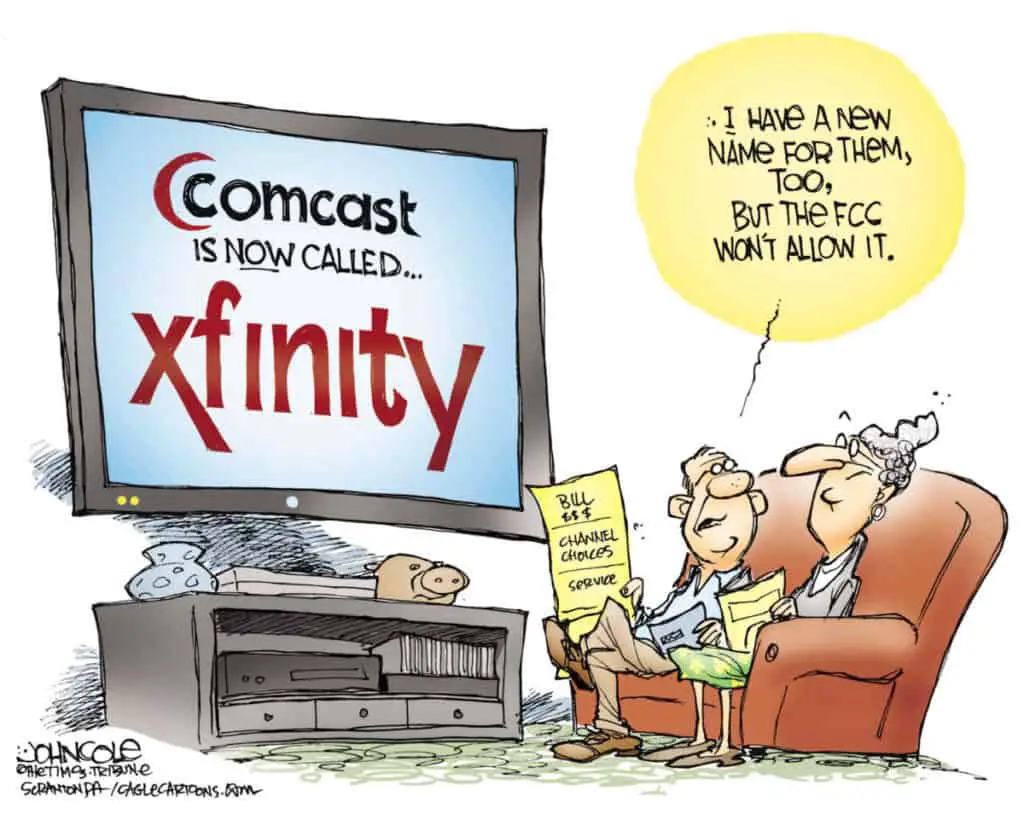
Basically the job of the FCC was to make sure all radio companies (the only media companies at the time) were competing fairly and ethically.
The mission of the FCC is to help advance the global communications industry through:
- Economic support to ensure there is enough competition in the communications / media sector
- The revision of media regulations (laws) to allow new technologies to thrive
- The promotion of competition, innovation, and capital investment
- The strengthening of the national communication infrastructure
Unfortunately, according to a Harvard study by Norm Alster from the Center of Ethics, the FCC has become a “captured agency” funded and run by the media companies it’s supposed to be overseeing.

The FCC is run by the US House and Senate to work in the best interest of the American people.
However, the members of the US House and US Senate are elected by receiving large campaign donations from the media corporation as outlines extensively by Norm’s Harvard study.
This creates a large conflict of interest for the elected members. On one hand they’re supposed to oversee FCC regulation of Media & Communications, but on the other hand, the media & communications companies are paying for their political campaigns.
There is no clear answer on how to best solve this conflict of interest other than “campaign finance” rules.
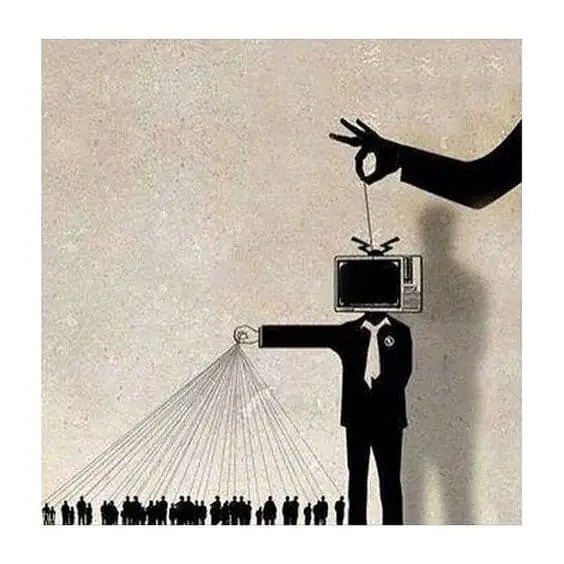
However, the responsibility of how you spend your time and responsibly consume media is up to you. Regardless of how big the company is, and how expensive the algorithm pointed at your brain is.
Conclusion:
First and foremost, news companies, media companies and streaming companies all make money by 1st commanding your attention.
Once your attention is captured, they profit largely on selling advertising space to other businesses.
There are lots of nuances, variations, and offshoots, but this is the general model used for media companies of all sorts and sizes to make money.
Loved what you read?
Hit that share button and let the world in on the secret – we’d be thrilled!
Got thoughts? We’re all ears for your feedback, corrections, or a good old chat. Don’t be shy; drop us a line.
And hey, don’t miss out on our curated list of must-reads in the recommended books section.
Big thanks for diving in with us today!


